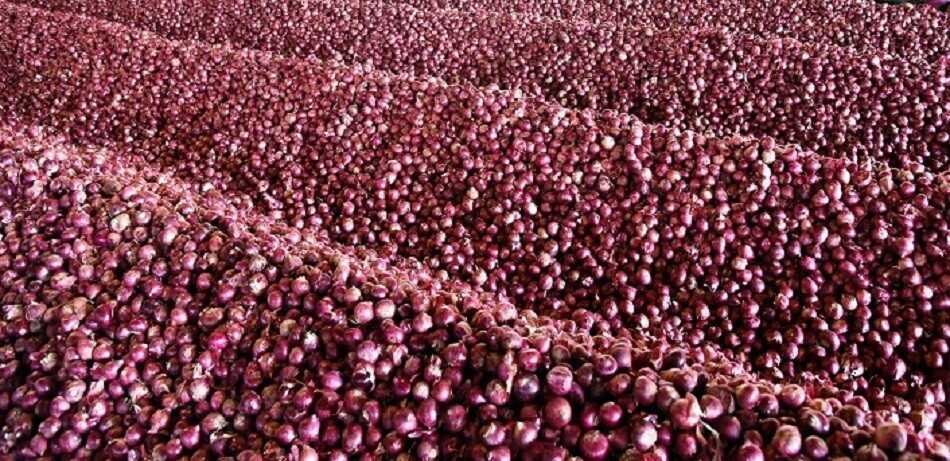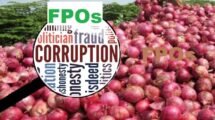Why do Indian Onion growing farmers want to get rid of Asia’s largest Onion market?
Aside from a drop in Onion prices, recent income tax (I-T) raids on Onion traders in Nashik are likely to unintentionally change the equation in Onion farming and trading. Despite the fact that the central government’s new farm laws are mired in a legal and political quagmire, Onion farmers in Nashik plan to dismantle the Onion traders’ cartel in Lasalgaon, Asia’s largest Onion market.
Also Read: A series of IT raids on Onion traders resulted in bulk prices dropping
‘Asia’s largest Onion market is only a name. It serves no purpose for farmers. We have absolutely nothing to do with I-T raids or traders. We want a price for our produce, and we don’t want the APMC (Agricultural Produce Market Committee) to be dominated by a cartel of traders made up of a few families to decide prices,’ told Bharat Dighole, President of the Maharashtra State Onion Growers’ Association.
Except for farmers and consumers, everyone else, according to Dighole, decides on onion prices. ‘We are approximately 2 lakh onion farmers who have realized that we must band together to bargain, and this process has now been accelerated. We want to have our own market and supply chain, and the association is working toward that,’ he added.
Farmers’ own marketplace
The Farmers’ Produce Trade and Commerce (Promotion and Facilitation) Bill, 2020, according to the union government, will create an ecosystem for farmers and traders to freely sell and buy agri-produce. The proposed law also enables inter-state and intra-state trade and commerce outside of the physical premises of markets designated under state agricultural produce marketing legislation. Farmers will be able to conduct business at farmgate, cold storage, warehouse, and processing facilities.
The Lasalgaon market is in full control of onion trading in India. According to farmer leaders, approximately 125 main traders are descended from 25 families. They have complete control over the onion market and hold trading licences. According to the farmers, the APMC does not issue new licences without the traders’ approval. Onion farmers’ social media platforms recently discussed how political leaders, APMC officials, and traders work together to raise or lower onion prices.
Kakasaheb Mahalkar, an onion grower from the Aurangabad district, stated traders paid ₹1,800 per quintal for his high-quality onions. However, after the onion growers’ association intervened, the traders offered him ₹2,400 per quintal.
‘The only way forward is to harness the collective power and engage in direct marketing. We don’t need middlemen. We must take steps to ensure that the price is fully realized,’ Dighole added.
APMCs must continue to exist
While officials from the traders’ association have remained silent on the matter, traders claim that the I-T department and politicians target them whenever onion prices rise.
Also Read: Onion prices expected to remain firm until Diwali festival : Traders
Suvarna Jagtap, Chairperson of the Lasalgaon APMC, stated that the committee serves as a bridge between traders, farmers, and workers. ‘There may be some issues with the operation of APMCs and their directors. However, the vast majority of APMC officials work tirelessly to ensure the market’s smooth operation. We have several cases in Nashik of grape farmers who contacted traders directly and were duped. This does not occur when farmers deliver their produce to APMCs,’ she explained. Jagtap also denied that certain families have a monopoly on the onion trade or that licences are only issued with the consent of traders.


















Add Comment